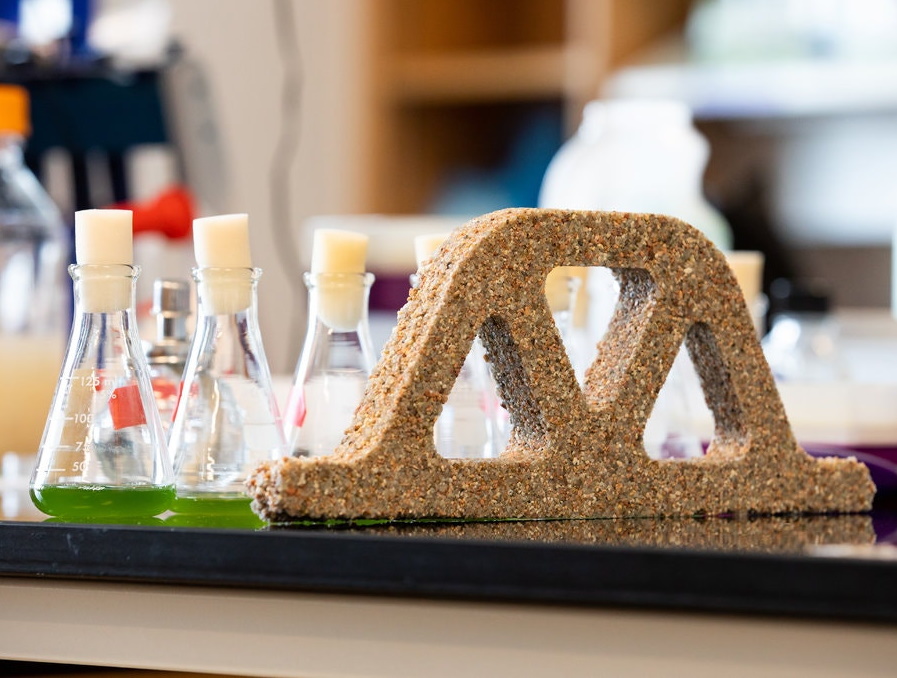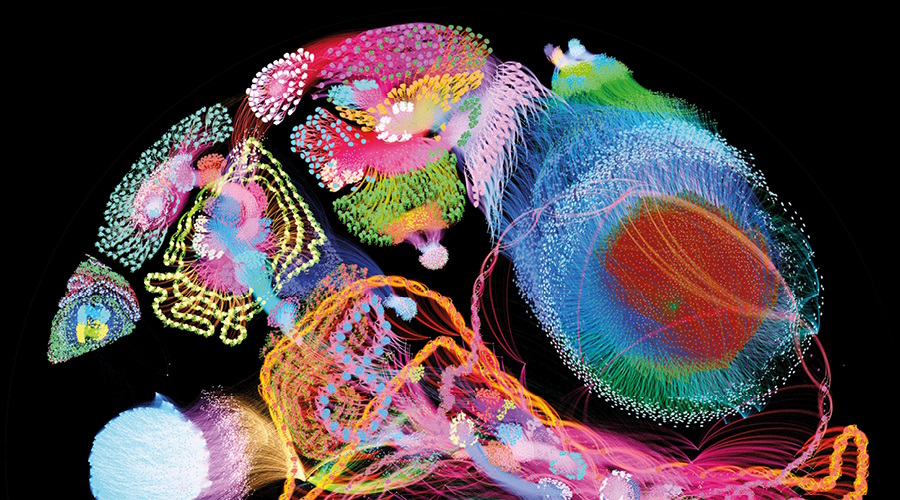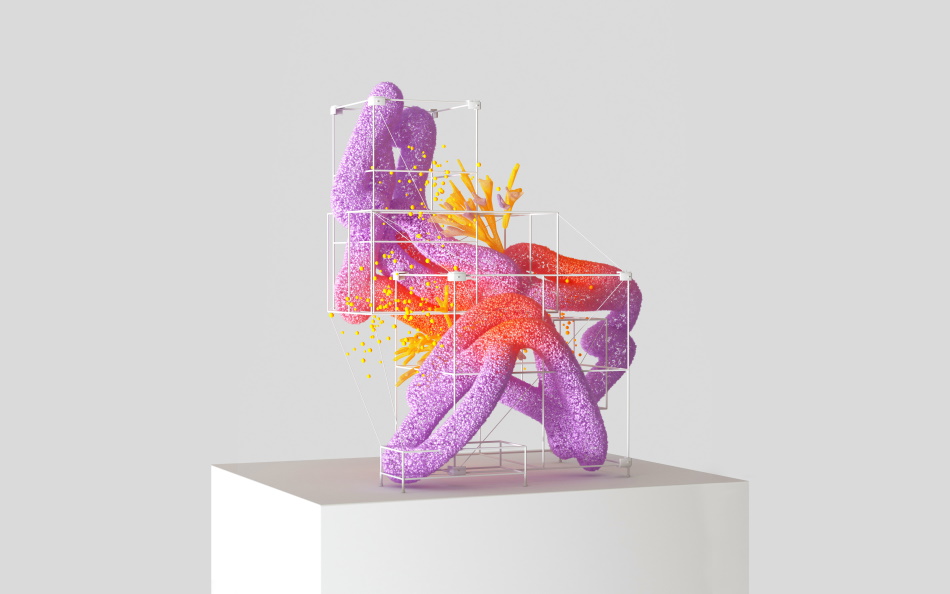The risks and rewards of new technologies
The emergence of new technologies is changing the way we live and enabling people to do things that were unthinkable just a few decades ago. Computing technology has come so far that we can carry devices in our hands that would have been considered supercomputers a few decades ago. We can connect to people anywhere in the world and share almost boundless amounts of information over the internet.
Some new technologies arrive gradually, but others are sudden and disruptive, leading to radical changes in society and everyday life. This also means that alongside the benefits that technologies such as artificial intelligence, satellite technology and neural interfaces can bring, they also come with risks. In a connected, online world, for example, cybersecurity has become an enormous challenge.
To ensure such risks are fully understood and, where possible, can be tackled, scientists and innovators must engage with policy makers and the wider public to ensure emerging technologies deliver the benefits that society needs.












